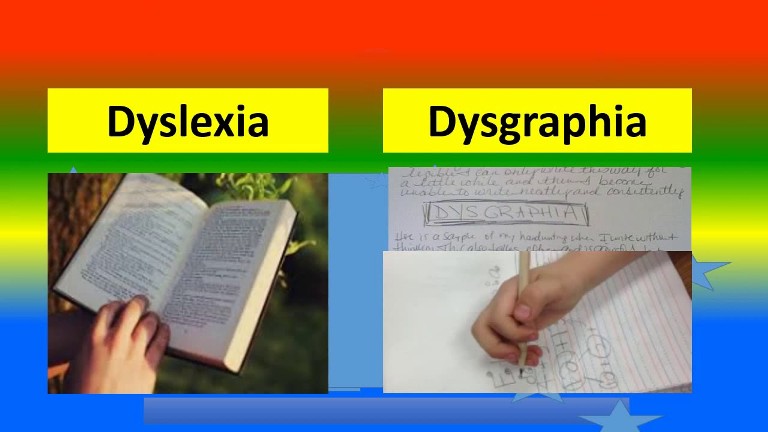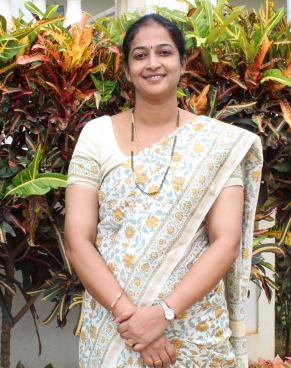

As teachers, we should give children who have learning problems, the social and emotional tools they need to work through these challenges. Over a while, facing and overcoming a challenge such as a learning disability can help children grow resilient and stronger.
Children need love, encouragement, and support, and for kids with learning challenges, such positive reinforcement can help ensure that they grow with a great sense of confidence, self-worth, and perseverance to achieve goals even when things are challenging. When searching for methods to help children with learning problems, remember that these methods should help children help themselves.
Lessons in schools can be adapted to accommodate the needs of students with learning disabilities such as dyslexia. These methods can be used to modify lessons in most subject areas to improve students’ understanding of tasks. They can also be helpful for most students who prefer a clear, structured educational program. Teachers should initiate open and honest communication with children. When children get a judgement-free space to express themselves they feel safe and heard.
What Are Learning Disabilities?
Some of the learning disabilities, children can face are:
- Dyscalculia: A Mathematical disability
- Dysgraphia: A Writing disability
- Dyslexia: A Reading disorder
- Auditory and visual processing disorders: Sensory disabilities in which a person has normal vision and hearing but has difficulty understanding language.
- Nonverbal learning disabilities: A neurological disorder that causes problems with visual-spatial, organizational, evaluative, intuitive, and holistic processing functions.
Here are 6 strategies that schools can use to help children with learning problems:
1. Identify Learning Styles
There are 3 kinds of unique learning styles that each child has. Teachers must understand and personalize teaching that suits the needs of the child. The 3 learning styles are:
- Auditory learner- A person who learns best by listening to sounds, music, and audio. They may love to draw, read, and write and are often good at spelling.
- Kinesthetic learner- A person who learns best by engaging in a movement like art and craft, sports, and games. They may like sports, dance, drama, and arts and crafts.
- Visual learner- A person who learns best through visual aids, flashcards, highlighted content, videos, and pictures. They may like music, languages, and performing on stage.
2. Help them achieve their goals with perseverance and hard work
Usually, children may find certain parts of their academics difficult even after putting in a lot of effort. It is important to understand that it may take time, hard work, and perseverance for children to get through these challenges. Teachers should help children set realistic and attainable short-term and long-term goals.
3. Let children repeat instructions
Teachers must rectify any kind of miscommunication before a child begins doing the work. Teachers must check and guide the student as he/she works to ensure that the work is being done correctly. Whatever they learn in schools should include specific, step-by-step instructions that are stated by the teacher and repeated by the student to avoid confusion and distress.
4. Reward children and use positive reinforcement
Schools should have a reward and positive reinforcement system in place that can help children stay motivated. This system can help in tracking their academic progress. Rewards and reinforcements should be catered to each child’s needs and differ according to their grade levels. This system should be maintained and required adjustments should be made from time to time.
5. Make use of assistive learning technology
Introduce modes of assistive technology in schools, especially for children who have learning problems. Audiobooks, graphic tools, word tools, tape recorders, talking calculators, optical character recognition software, text-to-speech, and speech-to-text software, and software to help with subjects like math can assist children who face learning challenges. These modes can help children become independent and also cope with their challenges.
6. Help children identify their strengths and interests
Let children engage in activities such as dance, sports, music, writing, etc to identify what they are good at. Their talents and skills will help build self-confidence and create positivity. Children will also be active, happy, and passionate. This will help them do well in other areas including academics.
It is vital to nurture and develop a good teacher-student relationship to help children with learning difficulties. Children should not be discouraged or reprimanded, instead they should be made aware of their potential and capability. Teachers must be open-minded, positive, balanced, and flexible. This will help and guide them through challenges in academics and their everyday life.
A small case study from Orchids-The International School, Kharadi
Kabeer Mujawar, a 4-year old with ASD uses sign language to fight Autism Everyday
Kabeer Mujawar, a grade 1 (age 4) student from Orchids-The International School, Kharadi, who was diagnosed with Autism Spectrum Disorder (ASD) at the age of three, is currently exploring the world of education through sign language. This is how this transformation began.
At mere 2.5 years of age, Kabeer’s parents observed his peculiar behavior: running in circles, being interested in objects which have circular motion like fans and wheels, organizing and making patterns with blocks, cubes, spoons, aversion to metallic sounds, cooker whistles, and so on.
 After further observing his lack of speech and social skills, his parents consulted a doctor, and so began his Occupational Therapy (OT). The OT program is specially designed for people with special needs and majorly focuses on learning skills, play skills, and self-care. Unfortunately, the therapy was discontinued due to the pandemic. It was a difficult time for all special kids like him. As catering to his needs became more complicated with time, Kabeer’s parents decided to enroll him in preschool. Very interestingly, Kabeer was comfortable sitting along with other kids. However, his communication and writing skills were still a matter of concern for his parents and teachers. After the lockdown was lifted, he resumed his OT.
After further observing his lack of speech and social skills, his parents consulted a doctor, and so began his Occupational Therapy (OT). The OT program is specially designed for people with special needs and majorly focuses on learning skills, play skills, and self-care. Unfortunately, the therapy was discontinued due to the pandemic. It was a difficult time for all special kids like him. As catering to his needs became more complicated with time, Kabeer’s parents decided to enroll him in preschool. Very interestingly, Kabeer was comfortable sitting along with other kids. However, his communication and writing skills were still a matter of concern for his parents and teachers. After the lockdown was lifted, he resumed his OT.
Kabeer is a keen observer. He tries to create objects in collage form using whatever material is available. After noticing this, his teachers started using methods that are easily comprehensible for him such as using Rawa tray, clay and sensory integration techniques on his arms for teaching the alphabet, numbers, etc. Slowly and steadily, Kabeer picked it up and began drawing the alphabet and numbers using his fingers.
Kabeer’s academic performance and ability to express has skyrocketed by learning sign languages. Remarkably, he has managed to come up with his own special signs to express his feelings. Though he is not very fluent yet, his will and determination deserves to be applauded. Today, he can sign animals and letters using his fingers and has also started communicating by his actions. His parents and teachers also encourage him to participate in different art competitions in school. It warms hearts to see his growth!
Kabeer’s sheer willpower has proven that children like him are equally capable of leading a life with confidence and respect. Every day that he thrives, we are reminded that neurodiversity must be accepted, promoted and celebrated in our society. Children like him are redefining “normalcy”, one sign at a time.










